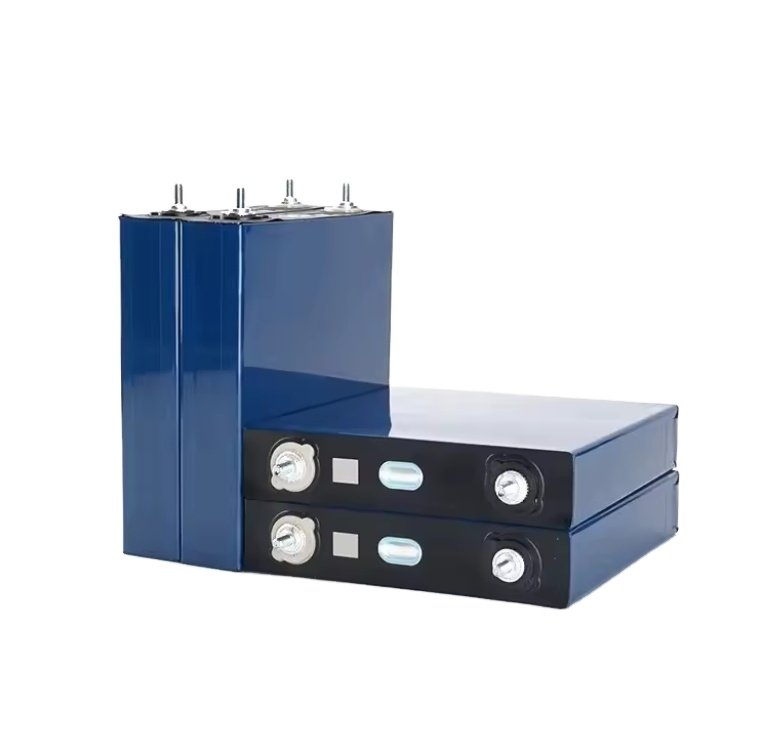In the rapidly evolving energy storage sector, lithium metal batteries have emerged as one of the most promising technologies for the future. With their high energy density, lightweight structure, and potential to outperform traditional lithium-ion batteries, they are poised to redefine how we power everything from smartphones to electric vehicles (EVs). But what comes next in the innovation journey of lithium metal batteries?

Why Lithium Metal Batteries Are the Future
Unlike conventional lithium-ion batteries that rely on graphite anodes, lithium metal batteries use pure lithium metal as the anode. This simple but powerful shift enables:
-
Significantly higher energy density – making devices lighter and longer-lasting.
-
Faster charging times – supporting high-power applications.
-
Extended battery life – reducing replacement cycles and overall cost.
These advantages make lithium metal batteries a key candidate for next-generation energy storage across consumer electronics, EVs, renewable energy systems, and aerospace.
Future Trends Driving Lithium Metal Battery Innovation
1. Enhanced Safety Technologies
Safety remains a major challenge due to dendrite growth, which can cause short circuits. Future innovations will focus on advanced electrolytes, solid-state designs, and protective coatings that improve thermal stability and minimize risks.
2. Solid-State Lithium Metal Batteries
The integration of solid electrolytes is one of the most anticipated breakthroughs. By replacing liquid electrolytes, solid-state designs not only enhance safety but also boost energy density, making them ideal for electric vehicles and large-scale storage.
3. Sustainable Manufacturing & Recycling
As the global push toward carbon neutrality accelerates, battery manufacturers will adopt greener production methods and more efficient recycling systems to reduce environmental impact and promote circular economy practices.
4. AI and Smart Battery Management Systems (BMS)
Artificial intelligence will play a growing role in monitoring battery health, predicting failures, and optimizing performance. Smarter BMS will allow lithium metal batteries to operate more efficiently and safely across diverse applications.
5. Commercialization for EVs and Renewable Energy
Major automakers and energy companies are investing heavily in lithium metal technology. In the coming years, we can expect large-scale commercialization, particularly in EVs, where long driving ranges and faster charging are top priorities.
Huihang Technology: Driving the Future of Lithium Metal Batteries
As a high-tech enterprise specializing in lithium battery R&D, production, and sales, Huihang Technology is at the forefront of this innovation wave. The company is committed to delivering high-quality, high-performance lithium battery solutions that meet the growing global demand for safe, efficient, and sustainable energy storage. With strong technological expertise and a focus on future-ready designs, Huihang Technology is paving the way for lithium metal battery applications across multiple industries.
Conclusion
The future of energy storage is being shaped by rapid advancements in lithium metal battery technology. From safety improvements and solid-state breakthroughs to smarter management systems and greener production, these innovations will transform the way we power our world. Companies like Huihang Technology are leading the charge, ensuring that the next generation of batteries is not only more powerful but also safer and more sustainable.
www.huihangbattery.com
Shenzhen Huihang Technology Co., Ltd.
